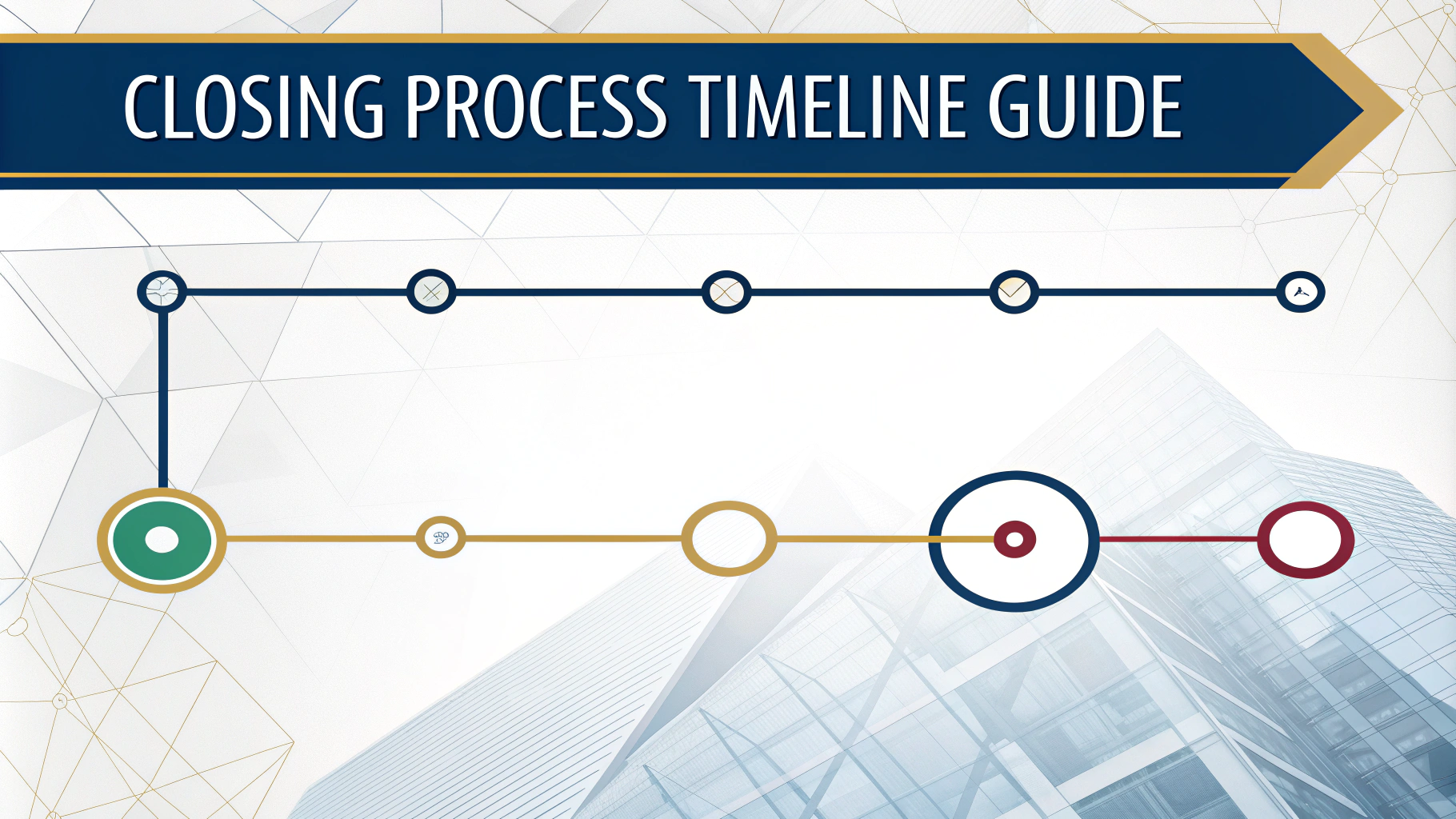Each state maintains different regulations and requirements for real estate investors looking to flip houses, making it essential to understand local laws before starting your house flipping venture.
Common State Regulations for House Flipping
- Licensing Requirements: Some states require house flippers to obtain real estate or contractor licenses
- Disclosure Laws: Rules about disclosing property conditions to buyers
- Building Permits: Local requirements for renovation work
- Tax Implications: State-specific capital gains and property tax rules
State-by-State Quick Reference Guide
| State | License Required | Key Regulations |
|---|---|---|
| California | Yes – Contractor’s License | Strict disclosure requirements, earthquake safety standards |
| Florida | Yes – Real Estate License | Hurricane building codes, mold disclosure laws |
| Texas | No | Homestead protection laws, seller disclosure requirements |
Legal Requirements Checklist
- ✓ Check local zoning laws and restrictions
- ✓ Obtain necessary permits before renovation
- ✓ Register your business entity
- ✓ Secure required insurance coverage
- ✓ Review state-specific disclosure requirements
Professional Support Network
Connect with these professionals to ensure legal compliance:
- Real Estate Attorney
- Licensed Home Inspector
- Certified Public Accountant
- Licensed Contractor
- Title Company Representative
Resources for Further Information
- National Association of Realtors
- Department of Housing and Urban Development
- State Real Estate Commission websites
Pro Tip: Always consult with a local real estate attorney before starting your first flip in a new state.
Common Legal Pitfalls to Avoid
- Working without proper permits
- Missing disclosure requirements
- Improper contractor agreements
- Inadequate insurance coverage
- Non-compliance with local building codes
Timeline and Planning Considerations
- Allow 2-4 weeks for permit approvals
- Schedule inspections at critical renovation phases
- Plan for unexpected regulatory delays
- Build in compliance review periods
Financial Compliance
Record Keeping Requirements
- Maintain detailed renovation expenses
- Document all contractor payments
- Keep copies of permits and inspections
- Save all property transaction records
Tax Considerations
- Track holding periods for tax purposes
- Document improvement costs
- Understand local property tax implications
- Consider 1031 exchange opportunities
Marketing and Sale Regulations
- Follow fair housing laws
- Comply with advertising regulations
- Maintain proper sale documentation
- Adhere to anti-discrimination laws
Conclusion
Success in house flipping requires thorough understanding and compliance with state-specific regulations. Establishing a strong professional network, maintaining proper documentation, and staying current with local laws are essential elements for long-term success in the real estate investment market.
Final Note: Regulations change frequently – review local requirements annually and before each new project.
FAQs
- What are the main legal requirements for house flipping across different states?
Most states require proper licensing for repeated house flipping activities, proper disclosure of property conditions, compliance with zoning laws, and adherence to state-specific real estate regulations. Some states like California and Florida have stricter licensing requirements for frequent flippers. - Do I need a real estate license to flip houses?
Not if you’re flipping your own property. However, if you’re regularly buying and selling properties for profit, many states classify this as acting as a real estate professional, requiring appropriate licensing. States like Illinois and Minnesota have specific rules about frequency of transactions. - What permits are typically required for house flipping renovations?
Common permits include building permits, electrical permits, plumbing permits, and mechanical permits. Requirements vary by state and municipality. Some states like New York and Massachusetts have additional historical preservation requirements in certain areas. - How do state disclosure laws affect house flipping?
All states require sellers to disclose known material defects. States like California, Washington, and Texas have extensive disclosure requirements, while others have more basic requirements. Failure to disclose can result in legal liability. - What are the tax implications of house flipping in different states?
Property tax rates vary significantly by state. Some states like New Jersey and Illinois have higher property tax rates. Additionally, profit from flips is subject to federal capital gains tax and state-specific income tax rates. - How do state-specific contractor requirements affect house flipping?
States like California, Florida, and Texas require contractors to be licensed for specific types of work. Some states mandate that all renovation work above certain dollar amounts must be performed by licensed contractors. - What are the legal timeframes for holding property before reselling?
While there’s no federal minimum holding period, some states have implemented anti-speculation laws. For example, Vermont requires a land gains tax for properties resold within 6 years of purchase. - How do different states regulate house flipping financing?
States have varying regulations on hard money lending, private financing, and mortgage requirements. Some states like Arizona and California have stricter regulations on alternative financing methods. - What are the insurance requirements for house flipping across states?
Most states require basic property insurance, but requirements vary for renovation insurance and liability coverage. Some states mandate specific insurance types for construction activities. - How do state environmental laws impact house flipping?
States have different requirements regarding asbestos removal, lead paint remediation, and other environmental hazards. California, New York, and Massachusetts typically have the strictest environmental regulations affecting renovation work.







